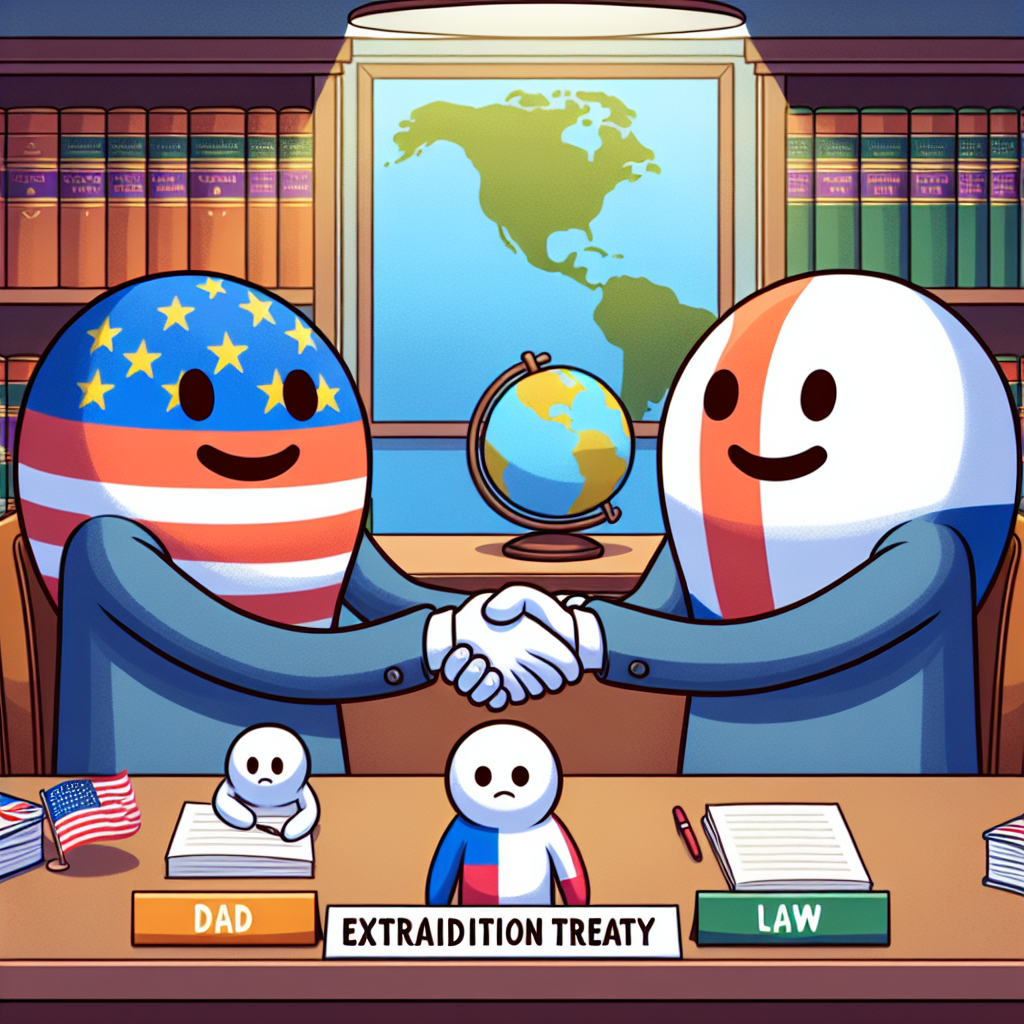Historic AI Treaty: A Landmark in International Legal Framework
The first legally binding international AI treaty, adopted after years of discussions between 57 countries, will be open for signing. The treaty is designed to protect human rights, promote responsible innovation, and differentiate itself from the EU's AI Act. However, concerns remain about its enforceability and exemptions.

Countries including the United States, Britain, and European Union members will be able to sign the first legally binding international AI treaty starting Thursday, according to the Council of Europe human rights organization.
The AI Convention, adopted in May after extensive discussions among 57 countries, aims to mitigate AI risks while encouraging responsible innovation. "This Convention is a major step to ensuring that these new technologies can be harnessed without eroding our oldest values, like human rights and the rule of law," stated Britain's justice minister, Shabana Mahmood.
Focusing primarily on human rights protections, the treaty stands apart from the EU AI Act, which regulates AI within the EU internal market. Francesca Fanucci, a legal expert involved in the drafting process, criticized the convention for being "watered down" into broad principles with questionable enforceability. The UK government committed to collaborating with various regulatory bodies to effectively implement the treaty's requirements.
(With inputs from agencies.)
ALSO READ
China and Nigeria Strengthen Ties in Energy, Technology, and Trade
Application of Solar-Powered Technology in Remote Farming Areas
India, Brunei commit to respecting freedom of navigation and overflight consistent with international law: joint statement.
BhuMeet: Revolutionizing Agriculture with Drone Technology
BhuMeet: Revolutionizing Agriculture with Drone Technology










